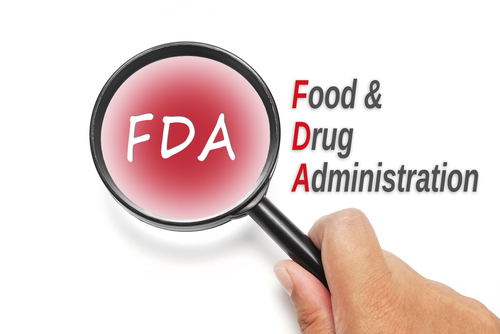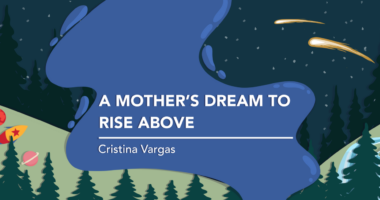Neurogene’s CLN7 Gene Therapy Granted FDA Orphan Drug Designation

The U.S. Food and Drug Administration (FDA) has granted orphan drug designation to a gene therapy being developed by Neurogene for the treatment of CLN7 Batten disease.
This marks the second Neurogene gene therapy for Batten disease to receive orphan drug designation from the FDA this summer. A gene therapy for CLN5 Batten disease was named an orphan drug in July.
“Receiving orphan drug designation for CLN7, our second designation for our Batten disease pipeline, shows our commitment to treating patients with this devastating neurodegenerative disease,” Rachel McMinn, PhD, founder and CEO at Neurogene, said in a press release.
Both CLN7 and CLN5 are forms of late-infantile Batten disease, which typically affect children ages 2 to 4 and are characterized by seizures, loss of motor skills and cognitive ability, and a reduced life expectancy. Both types are caused by mutations in their respective genes, which lead to the impairment of either the CLN7 or CLN5 protein. That, in turn, causes the improper functioning of the molecular machinery that cells use to dispose of waste products, ultimately leading to toxicity.
“CLN7, like CLN5, has a significant unmet need and no FDA approved treatment options, and we are working with all stakeholders to advance an effective gene therapy treatment to the clinic,” McMinn said.
The goal behind gene therapy is to deliver a non-mutated version of the mutated gene to the body’s cells, which would allow them to make a functional version of the protein.
Both Neurogene’s CLN7 and CLN5 gene therapies accomplish this by using an attenuated viral vector, specifically adeno-associated virus (AAV). This virus is commonly used in gene therapies because it is relatively easy to insert therapeutic genes into the virus. Because the AAV itself is not known to cause any serious human diseases, the health risks of using it as a therapy are thought to be comparatively minimal.
The newly granted orphan drug designation is given by the FDA to therapies with the potential to improve care for patients with rare diseases, defined as conditions that affect fewer than 200,000 people in the U.S.
The designation confers certain benefits to the therapy’s developer(s), including aid in the drug development process, tax credits, not having to pay certain fees, and seven years of marketing exclusivity. The goal is to incentivize the development of therapies for rare conditions that may prove to be less profitable than those used to treat more common maladies.
Currently, no cure exists for Batten disease. Available treatments, including anti-seizure medications, can help to control disease symptoms.





